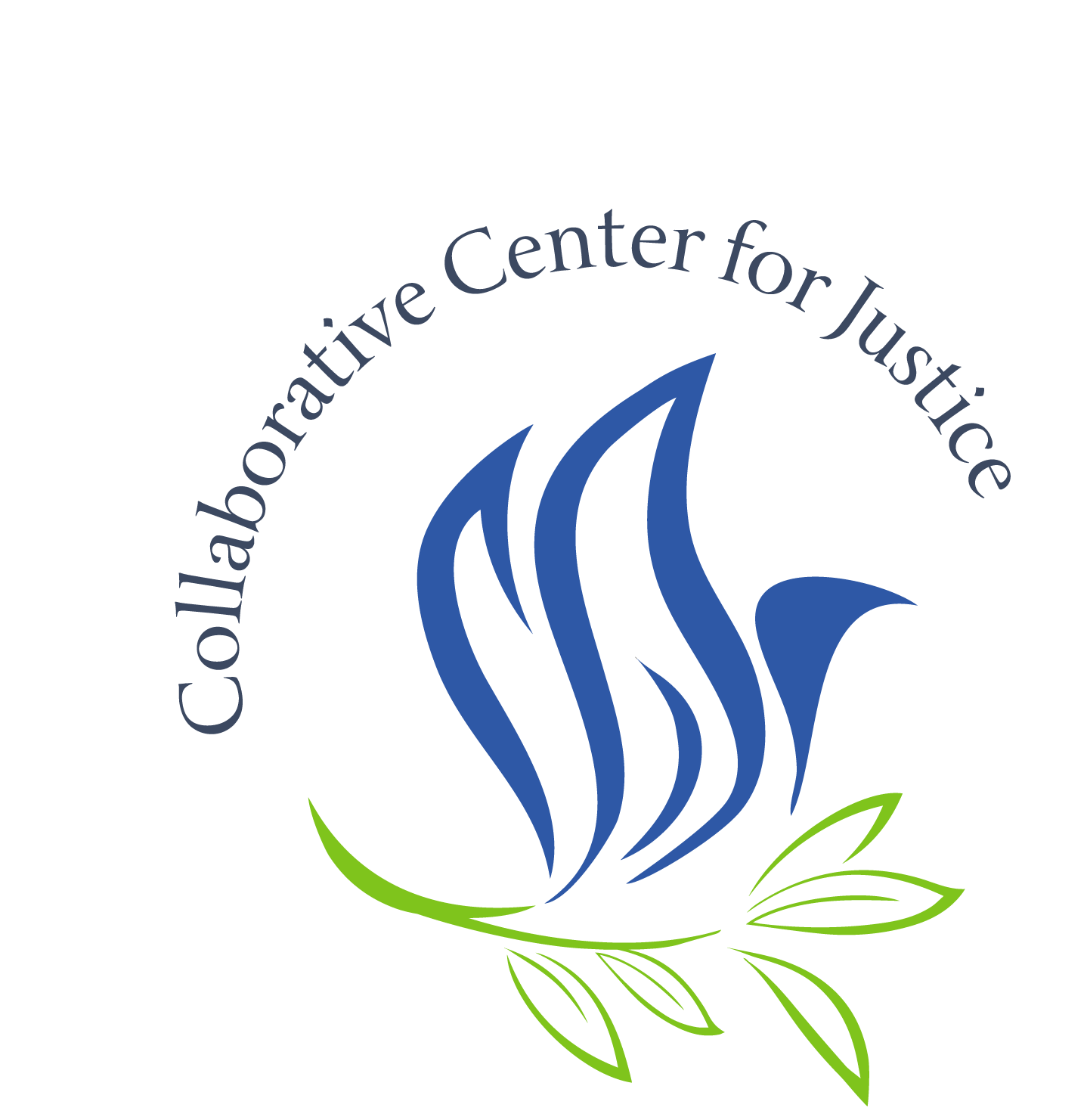
Once again, our nation is embroiled in protests for racial justice. Another cohort of young Black people is waking up to the realization that their lives can be snuffed out in an encounter with law enforcement or white, self-styled vigilantes. Their basic human rights are often not even acknowledged, never mind protected. More Black parents are having “the talk” with their Black children, young and old. The deaths of Ahmaud Arbery, Breonna Taylor, Tony McDade, and George Floyd recall a grief that never went away. Yet this moment is bigger than any one case.
The high-profile police killings of recent years have not happened in a vacuum. They have occurred alongside Black disenfranchisement, continued economic insecurity in Black communities after the Great Recession, and most recently, the ongoing pandemic that has disproportionately claimed Black lives. The common good demands equitable participation in civic life and the fruits of development among people. It also requires that basic human and civil rights be protected for all people. That is a state of affairs yet unseen within our borders.
When the nationwide unrest subsides, it will not constitute a return to peace. As Sister Patricia Chappell reminds us, peace demands justice. The conditions in which Black life is organized in this country are unjust. George Floyd was detained for allegedly attempting to purchase cigarettes with a counterfeit $20 bill amidst widespread economic devastation. We are reminded that poverty is yet another great predictor of outcomes in the criminal legal system.
It is easy to say that a person should not be put to death for stealing less than $20, but we need the moral courage to admit that he should not be arrested and imprisoned for it either. Liberty ought to be more precious than that. George Floyd’s death highlights that Black and Brown communities, that poor communities, are over-policed and under-resourced. It is the lesson taught to all Black people in the United States from the days of slavery, Jim Crow, the Civil Rights Era, to this very moment: Any offense, real or imagined, no matter how petty, can result in a death sentence.
The mass precarity that existed even before the pandemic was a moral and political failure. That failure is on display as we continue to see striking levels of economic inequality persist in our state. That failure is on display in our streets as we see expensive military-grade equipment deployed in cities still awaiting the COVID-19 testing and contact tracing infrastructure. Our priorities do not support human flourishing.
Catholic Social Teaching, indeed, the whole of the Gospel, grounds the Collaborative Center for Justice’s political analysis. Our belief that every person is made in the image of God leads us to defend the dignity and humanity of our Black brothers and sisters. It is this tradition that calls us to love all, but to prioritize the poor and the vulnerable. It is this tradition that compels us to declare that Black lives matter.
In that spirit, here are four policy demands that could promote just outcomes:
- Significantly defund the criminal legal system. Redistribute those funds to agencies that directly promote human flourishing. In 2012, the United States spent $265 billion – or $845 per person – on policing, prosecution, and incarceration. We choose to over-invest in the institutions that keep some communities at the margins and under-invest in those that promote life. Here in Connecticut, there are twice as many prison beds as there are hospital beds. It costs $62,000 per year to imprison a person, while the median salary for a Licensed Practicing Nurse is $57,000. The ongoing fears of COVID-19 overwhelming our healthcare capacity demonstrate the folly of this distribution of resources.
- Demilitarize the police. Military hardware should never be wielded against civilians; therefore, police departments should have none. As human beings, the tools we use to do our jobs shape our culture. It is not surprising, then, that police forces outfitted as if they were soldiers on a battlefield will act as if they are soldiers on a battlefield. Since the late 1970s, Special Weapons and Tactics Units (SWAT) have increased 15,000%. There are approximately 100 SWAT raids per day in the United States.
- Ban no-knock warrants. These warrants permit police departments to conduct unannounced, often pre-dawn tactical raids on civilian homes to serve warrants. They have increased in prevalence from 1,500 annually in the 1980s to 45,000 in 2010. On March 13, 2020 Breonna Taylor was killed in her bed by a Kentucky SWAT unit in such a raid, and her boyfriend was arrested for shooting at police officers he thought were intruders. Authorities had the wrong address.
- No cops in schools. “School Resource Officers” (SRO) respond to school disciplinary matters with arrest and criminal detention. Children of color and disabled children are over-policed as issues that would otherwise be resolved by parents, educators, and counselors get referred to the police. Schools with SROs reported 5 times as many arrests of children as schools without them. In CT, Black schoolgirls are 6 – 7X more likely to be arrested than their white counterparts. This does not promote human development, but it does increase the likelihood of future dropping out and future legal trouble. Connecticut school districts should follow Minneapolis’ June 2, 2020 decision to end its contract with the police. They should also take immediate steps to increase the school-based mental health supports for students by hiring additional school social workers and other mental health clinicians. Such supports are shown not only to address the needs of students, but also to play an important role in increasing overall school safety.



